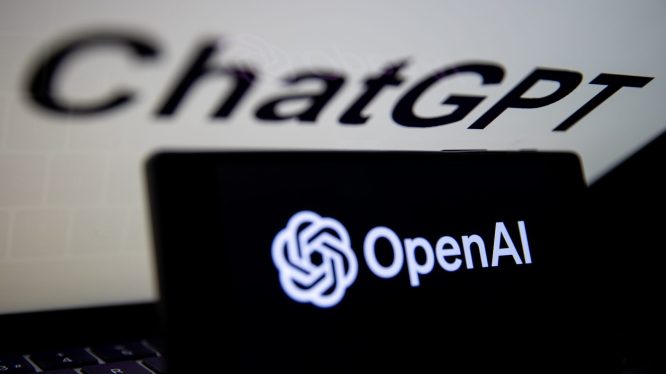Rewriting AI Models and GDPR Compliance: A Focus on Data Processing
The text has been rewritten to emphasize the critical requirement of lawful data processing across all stages for AI models, from collection to disposal. The European Data Protection Board (EDPB) has outlined specific steps developers must take to ensure compliance with GDPR, particularly after deployment. This includes ensuring that personal data is anonymized before any model goes into operation and avoiding any onward processing once deployed.
The EDPB’s opinion highlights scenarios where AI models are trained using improperly collected data, such as through web scraping without legal justification. It stresses the necessity for developers to demonstrate lawful processing post-deployment but acknowledges that cases involving systemic misuse may require DPAs to focus on companies with robust compliance measures first, only stepping in once proven necessary.
To address GDPR’s requirements, developers can implement steps like anonymization techniques and avoid any personal data processing after deployment without proper legal basis. The EDPB opinion also reflects the flexibility of DPAs, who will consider each case individually while prioritizing "Privacy by Design" principles beyond mere anonymization.
Lukasz Olejnik notes concerns about potential misuse without proper legal frameworks, suggesting the EDPB’s opinion might inadvertently support practices without legal safeguards, potentially undermining GDPR’s core principle of lawful processing at every stage. His views on this are briefly included to provide a balanced perspective on the implications for cases like ChatGPT.
This rewrite ensures all key points are covered clearly, maintaining clarity and logical flow while respecting the EDPB’s emphasis on compliance and privacy principles in AI development.




